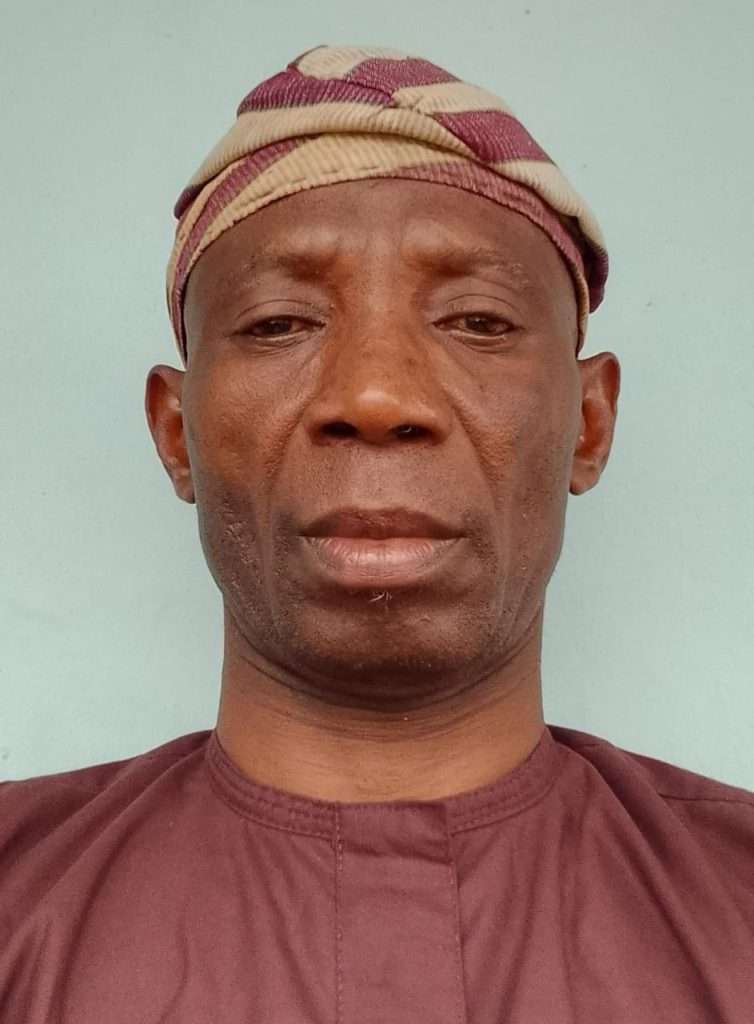

“Boosting Voter Participation Ahead of Nigeria’s 2027 Elections”

By Fẹ́mi Akínṣọlá
Nigeria, often hailed as the “Giant of Africa,” stands at a crossroads in its democratic journey. With a population exceeding 200 million, the potential for robust electoral participation exists. However, a troubling trend has emerged: many citizens exhibit a lack of interest in obtaining voter cards and participating in key elections that shape the nation’s future. This situation is not merely apathy; it reflects profound disillusionment with a political system perceived as corrupt and ineffective. Recent bye-elections held in various states have underscored this disconnection. Reports indicate that the majority of voters were party card-carrying members, while many eligible citizens chose to abstain from their civic duties. Particularly in Oyo State, media coverage revealed alarming scenes of youth engaging in recreational activities, such as playing football on the streets, seemingly indifferent to the political process. Despite promises and night campaigns in some areas, voter turnout remained low, revealing an unsettling trend of disengagement that demands urgent attention.
One significant factor contributing to voter apathy in Nigeria is widespread disillusionment with political leaders. Many citizens perceive politicians as corrupt and self-serving, prioritizing personal gain over the public good. This has fostered a pervasive belief that voting is futile, encapsulated in the phrase, “My vote doesn’t count.” Many voters do not even know their representatives; they may recognize names from posters or hear them mentioned in the media, but they lack a genuine connection to these figures. This disconnect fosters a sense of disenfranchisement and disengagement from a system they view as fundamentally flawed. The overconfidence of some political parties prior to the election, believing they could secure votes through mere promises, only exacerbated this sentiment. When citizens feel that their needs and voices are not genuinely considered, they are less likely to engage in the electoral process.
A lack of voter education and awareness compounds this disillusionment. Many Nigerians are not adequately informed about the electoral process, the importance of their vote, or how to register. This gap in knowledge is particularly pronounced among younger voters, who often lack the resources or motivation to seek information. Furthermore, some party leaders impose candidates onto party members, creating an environment where aggrieved members campaign against the party rather than for it. This internal conflict further alienates potential voters, leaving them feeling that their opinions and choices do not matter. The perception that political outcomes are predetermined contributes to a sense of powerlessness, making the act of voting seem inconsequential.
Cultural factors also shape attitudes toward voting. In some communities, traditional beliefs and practices may overshadow the importance of electoral participation. Communal decision-making processes can lead to the perception that formal voting is unnecessary, while a culture of political patronage can disincentivize individuals from seeking change through the ballot box. Moreover, the lavish spending of some politicians—who rely on money to buy votes—creates an environment where well-informed citizens may choose to abstain from voting altogether. Economic challenges exacerbate voter apathy, as many Nigerians face daily struggles for survival. When basic needs such as food, shelter, and security are not met, the abstract concept of voting often falls by the wayside. Citizens may feel that electoral participation will not significantly improve their circumstances, leading to a resigned acceptance of their situation. This is particularly true for youth, who represent a significant portion of the population but are often disengaged from the political process. Although they are active on social media, this engagement rarely translates into political participation, leaving their potential to mobilize and influence change untapped.
The overwhelming presence of security agencies at polling stations can further deter voter participation. Rather than creating a sense of safety, this heavy-handed approach often fosters intimidation. Citizens may feel anxious about exercising their right to vote, fearing harassment or violence. This atmosphere can reinforce the belief that elections are fraught with danger rather than a civic duty, leading many to abstain from voting altogether. Even among those who take the time to participate in elections, many sacrifice their time and resources without seeing positive results. Voters often return to the same disheartening political landscape, leading to frustration and a sense that their efforts are in vain. This cycle of disappointment contributes to a broader culture of apathy, where individuals feel that their contributions do not lead to meaningful change.
As Nigeria prepares for the upcoming elections, the urgency for addressing these concerns becomes even more apparent. Stakeholders must take concrete steps to rectify the factors contributing to voter disillusionment. First, the government and electoral bodies should prioritize comprehensive voter education campaigns, targeting communities with tailored messages that emphasize the importance of civic engagement and the role of individual votes. Political parties must foster a more inclusive environment where the voices of all members are heard, ensuring that candidates are chosen through democratic processes rather than imposed from above. This approach can help rebuild trust and encourage members to campaign positively for their party rather than against it.
Addressing economic hardship through policies that improve living conditions can further bolster faith in the electoral process. When citizens feel secure in their daily lives, they are more likely to engage in political activities. Moreover, amplifying the voices of the masses is essential; grassroots movements and community initiatives can empower individuals to express their concerns, making them feel integral to the democratic process. Reducing the intimidating presence of security forces at polling stations and promoting a peaceful electoral atmosphere can encourage more citizens to exercise their right to vote without fear.
The apathy surrounding voter registration and participation in Nigeria is a multifaceted issue rooted in disillusionment, lack of awareness, cultural attitudes, economic constraints, and an intimidating electoral environment. To revitalize interest in the electoral process, a concerted effort is needed from the government, civil society, and educational institutions to promote voter education and engagement. Only by addressing these underlying issues can Nigeria hope to harness the full potential of its citizenry and create a vibrant democracy that truly reflects the will of the people. The future of Nigeria hinges on its ability to transform apathy into active participation, ensuring that every voice is heard and every vote counts.
© 2025 Fẹ́mi Akínṣọlá. All rights reserved.
This work is protected under copyright law. Unauthorized reproduction or distribution is prohibited.





